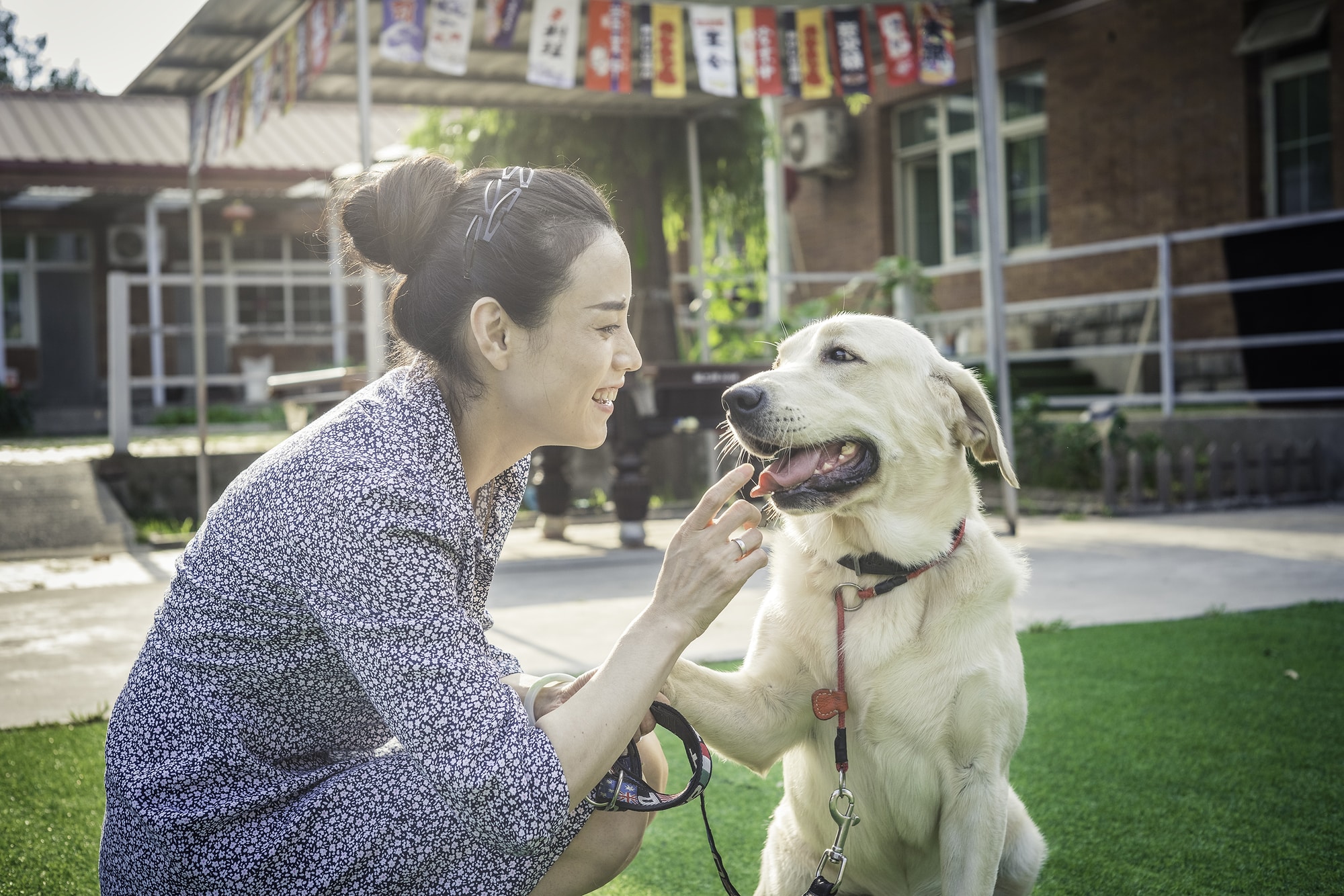







Simply enter the service you need, and your details then press "Spetz-it".
You'll be connected immediately to a nearby top-rated service provider.
Your rating is important. So you can help other customers get the best specialist too.
Hiring the best local vet in the UK involves a few key steps to ensure you find a reputable and reliable professional who can provide excellent care for your pets. Here’s a guide on how to hire the best local vet:
By following these steps and thoroughly researching local veterinary clinics, you can hire the best vet near you in the UK and ensure that your beloved pet receives top-notch veterinary care.
In the UK, veterinarians, commonly referred to as vets, are highly trained professionals who are authorized to provide a range of medical services for animals. Here are some of the key activities that vets are legally allowed to perform in the UK:
It’s important to note that the practice of veterinary medicine in the UK is regulated by the Royal College of Veterinary Surgeons (RCVS), which sets standards for professional conduct, education, and veterinary practice. Vets must adhere to these standards and guidelines to ensure the welfare and safety of animals under their care.
Veterinarians (vets) in the UK play a vital role in providing comprehensive healthcare services for a wide range of animals. Here are some of the key jobs that vets can help with in the UK:
These are just a few examples of the diverse roles and responsibilities that vets can fulfill in the UK. Vets play a crucial role in safeguarding the health and welfare of animals, promoting public health, and contributing to the advancement of veterinary medicine and science.
The cost of veterinary services in the United Kingdom can vary widely depending on several factors, including the type of service required, the location of the veterinary clinic, the expertise of the veterinarian, and the specific needs of the animal. Here are some general price ranges for common veterinary services in the UK:
It’s important to note that these are general price ranges, and the actual cost of veterinary services may vary depending on the individual veterinary clinic, the location, and the specific needs of the animal. Additionally, pet owners should consider factors such as the quality of care, the reputation of the veterinary clinic, and the expertise of the veterinarians when choosing a veterinary provider for their pets.
When speaking with a local veterinarian in the UK, it’s important to ask questions that will help you understand their practice, their approach to pet care, and how they can best support your pet’s health and wellbeing. Here are some questions you might consider asking:
These questions should help you gauge the veterinarian’s expertise, the level of care they provide, and how well they align with your pet’s needs and your preferences as a pet owner.